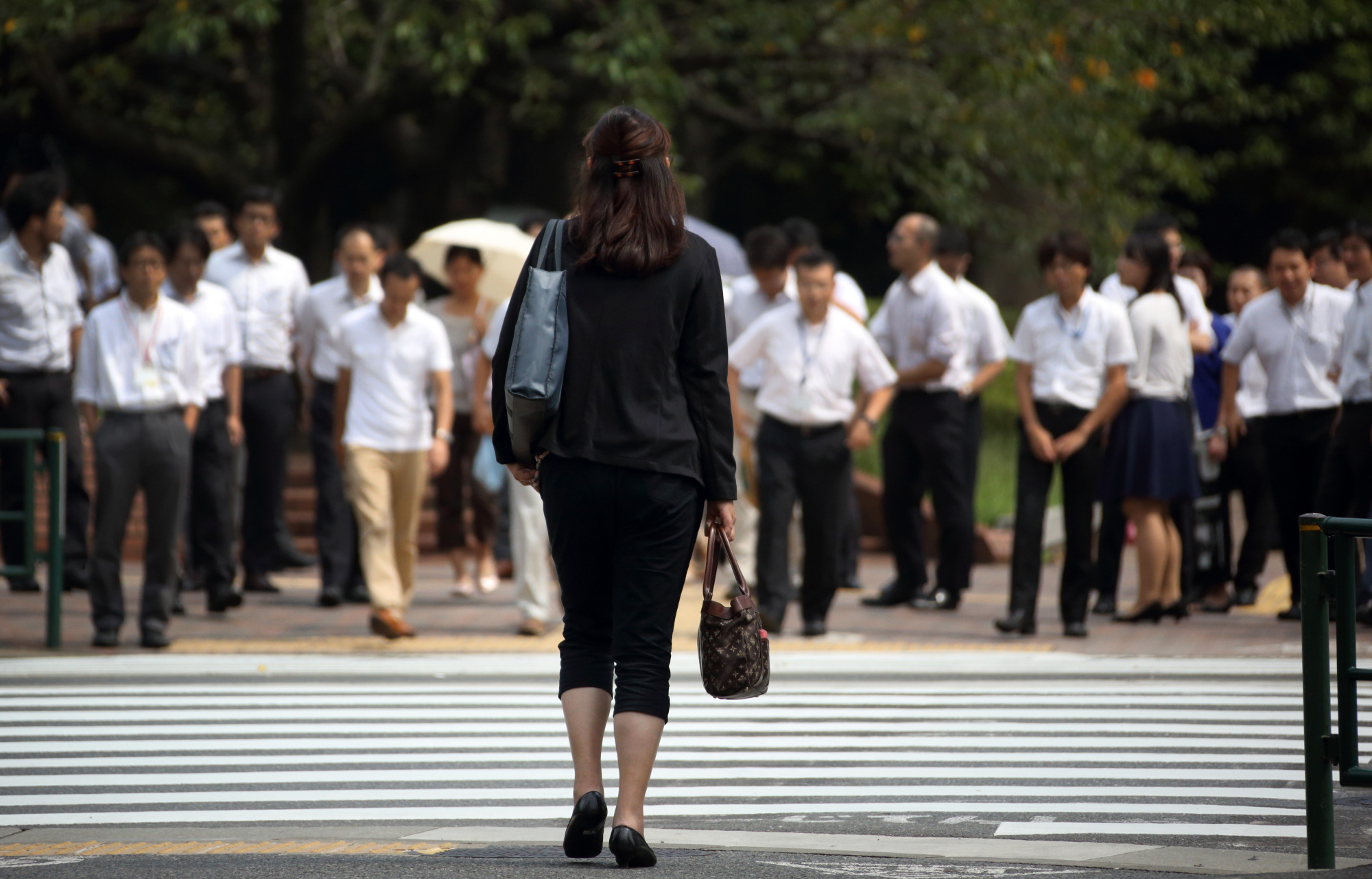The Heisei Era began three decades ago with Emperor Akihito ascending the throne near the zenith of one of the biggest stock market bubbles in history. It's been punctuated by the triple hit of an earthquake, tsunami and nuclear meltdown, the fall of tech icons and the rise of automotive giants, and by creeping social change that's seeing women and foreign people playing a bigger role in economic life.
It takes a comparison with the U.S. stock market collapse that ushered in the Great Depression to put the magnitude of Japan's asset-price implosion in true perspective. What's most shocking is the failure of Japanese shares to regain their highs, even after 30 years, while the Dow surged back in the 1950s. The weakness in Japanese stocks has mirrored wider problems, which set the stage for the country's slip to third place in the global economic pecking order.
Some of Japan's greatest corporate names have also suffered, like Sony Corp. The Tokyo-based consumer electronics champion swept all before it with products like the Walkman portable cassette player until analog gave way to digital, and the rise of Apple Inc. and South Korea's Samsung Electronics Co. Others including Sharp Corp., now controlled by Taiwan's Hon Hai Precision Industry Co., and Panasonic Corp. have seen their value slide from great heights.

















With your current subscription plan you can comment on stories. However, before writing your first comment, please create a display name in the Profile section of your subscriber account page.